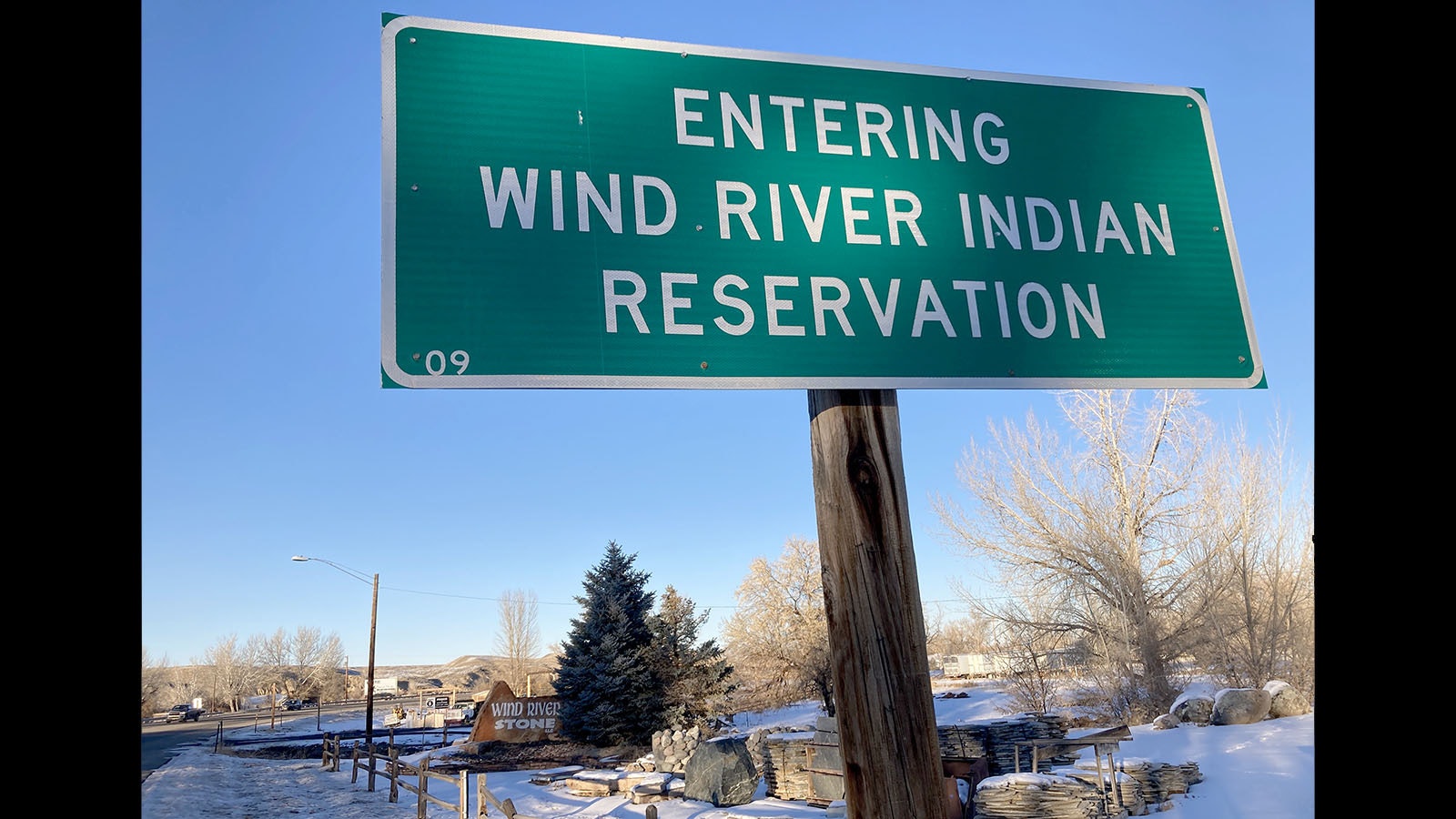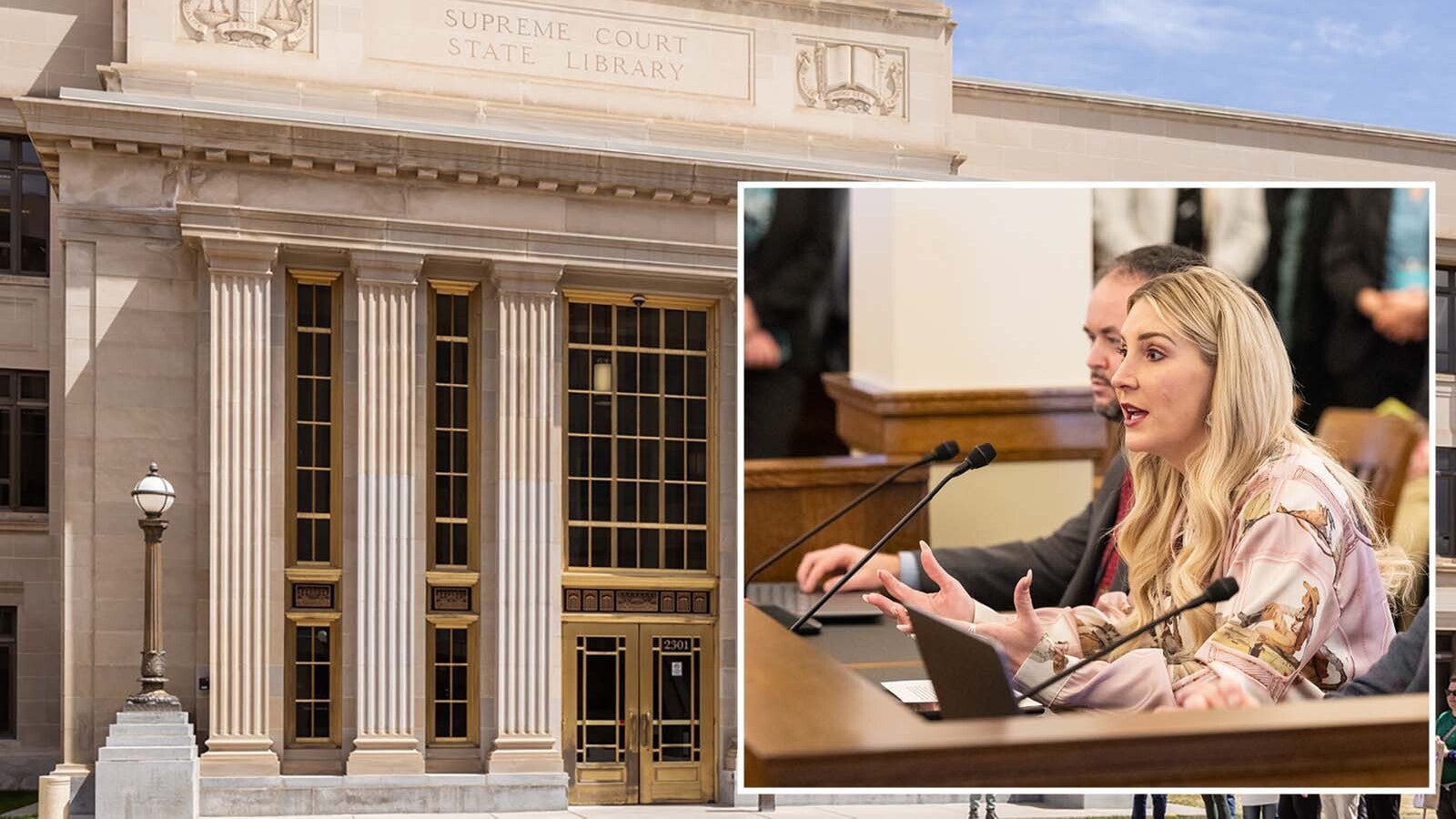The government of the Eastern Shoshone Tribe has changed its mind about establishing an off-reservation hunting agreement with the state of Wyoming.
The U.S. Supreme Court in its 2019 decision Herrera vs. Wyoming ruled that Crow Tribal members and Shoshone Tribal members have retained their pre-statehood treaty rights to hunt throughout the unoccupied lands of the nation.
This right is an additional hunting right beyond tribal members’ existing right to hunt with state licenses.
At first, the Eastern Shoshone Business Council, which is the tribe’s six-person executive branch, supported Wyoming legislation giving Gov. Mark Gordon authority to craft a tribe-state agreement for off-reservation hunting.
Gordon’s staff had touted the offer as a best option to keep both the state and tribal members out of court, and to find ways to conserve Wyoming’s game for future generations.
Sovereignty
On Friday, the tribe changed its stance, sending Gordon a letter withdrawing support for the agreement.
The alternative to settling on an agreement, Gordon’s tribal policy advisor had told lawmakers Jan. 25, is settling hunting conflicts and possible poaching cases one at a time in the courts system.
The Eastern Shoshone Business Council told Gordon its change of heart came after consulting with its attorneys and hearing opposition from other tribes.
“We apologize for this development; however, we now believe that the bill will jeopardize and compromise the rights of our tribe and other tribes, if it becomes state law,” the council says in its letter to the government.
There are three reasons for the tribe’s change of heart, the council wrote:
• The legislation would have required the tribe-state agreement to adhere to Wyoming laws.
• The Shoshone-Bannock Tribe of Idaho, a sister tribe to the Eastern Shoshone, rebuked the agreement publicly as an erosion of tribal sovereignty.
• There are still two key components of the Supreme Court case pending in the Sheridan Circuit Court. Those are which lands qualify as “unoccupied” and to what extent Wyoming has conservation needs on those lands.
Though not cited as a factor by the council, there also is a movement by some Eastern Shoshone tribal members to gather a general council – a voting block of adult tribal members – to oppose the agreement as well, tribal activist Wade LeBeau told Cowboy State Daily on Friday.
The tribe’s general council is a higher power than its business council and has legislative authority.
Double Prosecution?
The agreement would have fallen under Wyoming’s laws. It also would have allowed for tribal prosecution when a hunter violates the tribal game code, and for state prosecution when a hunter without a license breaks state hunting laws while hunting off the reservation.
The tribal council said it believes this co-jurisdiction could allow for overlapping prosecutions.
“This will be difficult to agree to,” the council wrote.
It added that the incorporation of the state game code into the agreement would “give the state complete control of hunting, fishing, trapping and gathering.”
The council believes, following an analysis by its attorneys, that the agreement terms are contrary to the Supreme Court’s ruling in Herrera vs. Wyoming.
“The (tribe) had hoped to go forward with as solution to implement our rights with an agreement,” the council wrote. “However … the best solution at this point is to oppose the bill.”
Not Much Response Yet
Gordon’s spokesman told Cowboy State Daily in a Friday text that the governor’s office is aware of the council’s letter and is evaluating it.
“No further comment,” the spokesman added.
State Rep. Lloyd Larsen, R-Lander, sponsor of House Bill 83, the proposed legislation defining the hoped-for hunting agreement, did not respond by publication time to a Saturday voicemail.
The bill cleared the state House of Representatives last month and has been introduced in the state Senate.
During a House floor argument Jan. 26, Larsen told his fellow Representatives that the Supreme Court case left a lot to determine in working out off-reservation hunting terms.
“The concern that we’e had since this case was overturned by the Supreme Court (is) it really did leave ambiguity in how the state and the tribes could function according to the state’s rights and tribal rights,” said Larsen.
While some tribes’ members have a treaty right to hunt, Wyoming residents likewise have a constitutional right to hunt in their home state.
“Having in place an existing agreement with a tribe helps lay the foundation and the precedent on what (hunters are) allowed to do,” said Larsen. “It also really helps to set into place that the state has made a good-faith effort in making this negotiation, so the Supreme Court doesn’t step back and say, ‘You just haven’t done it so we’ll do it for you.’”
The Sheridan Circuit Court is set tentatively to contemplate remaining tenets of the case in March, according to earlier legislative testimony by the governor’s office.





